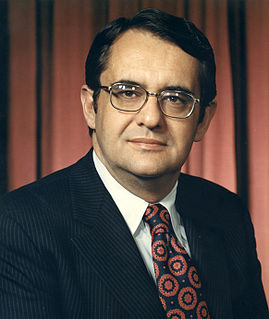A Quote by Charlie Munger
We don't have any miraculous way of avoiding taxes at Wesco and Berkshire.
Quote Topics
Related Quotes
The government taxes you when you bring home a paycheck.
It taxes you when you make a phone call.
It taxes you when you turn on a light.
It taxes you when you sell a stock.
It taxes you when you fill your car with gas.
It taxes you when you ride a plane.
It taxes you when you get married.
Then it taxes you when you die.
This is taxual insanity and it must end.
Berkshire has the lowest turnover of any major company in the U.S.The Walton family owns more of Wal-Mart than Buffett owns of Berkshire, so it isn't because of large holdings. It's because we have a really unusual shareholder body that thinks of itself as owners and not holders of little pieces of paper.






























